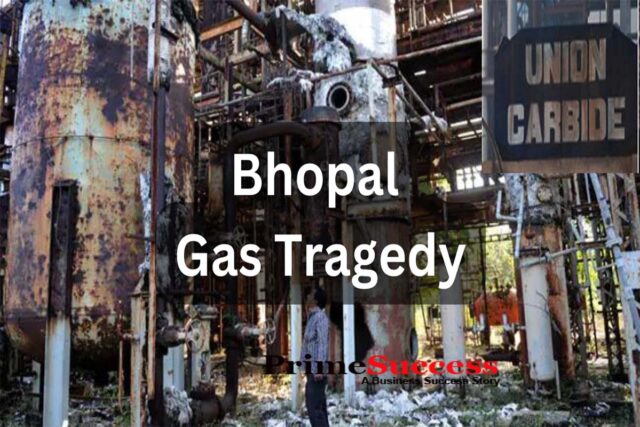The Bhopal Gas Leak
The Bhopal gas tragedy, also known as the Bhopal disaster, occurred on the night of December 2-3, 1984, in Bhopal, Madhya Pradesh, India. It is considered one of the world’s worst industrial disasters.
The tragedy took place at the Union Carbide India Limited (UCIL) pesticide plant in Bhopal. A deadly gas, methyl isocyanate (MIC), leaked from the plant, affecting the surrounding areas. The exact cause of the leak was a combination of factors, including inadequate safety measures, poor maintenance, and the storage of large quantities of hazardous chemicals.
The immediate impact of the gas leak was devastating. Thousands of people died within a few days, and many more suffered long-term health effects. The gas exposure caused respiratory problems, eye irritation, and other serious health issues. The incident also resulted in severe environmental pollution in the surrounding areas.
The aftermath of the Bhopal gas tragedy included legal battles, compensation claims, and significant attention to industrial safety and environmental regulations. The Union Carbide Corporation (UCC), the American multinational company that owned the plant, faced legal challenges, and there were debates about the adequacy of the compensation provided to the victims.
The Bhopal gas tragedy remains a stark reminder of the importance of industrial safety, corporate responsibility, and the need for stringent regulations to prevent such disasters. The incident has had a lasting impact on public awareness of industrial hazards and has influenced discussions on corporate liability and accountability.







